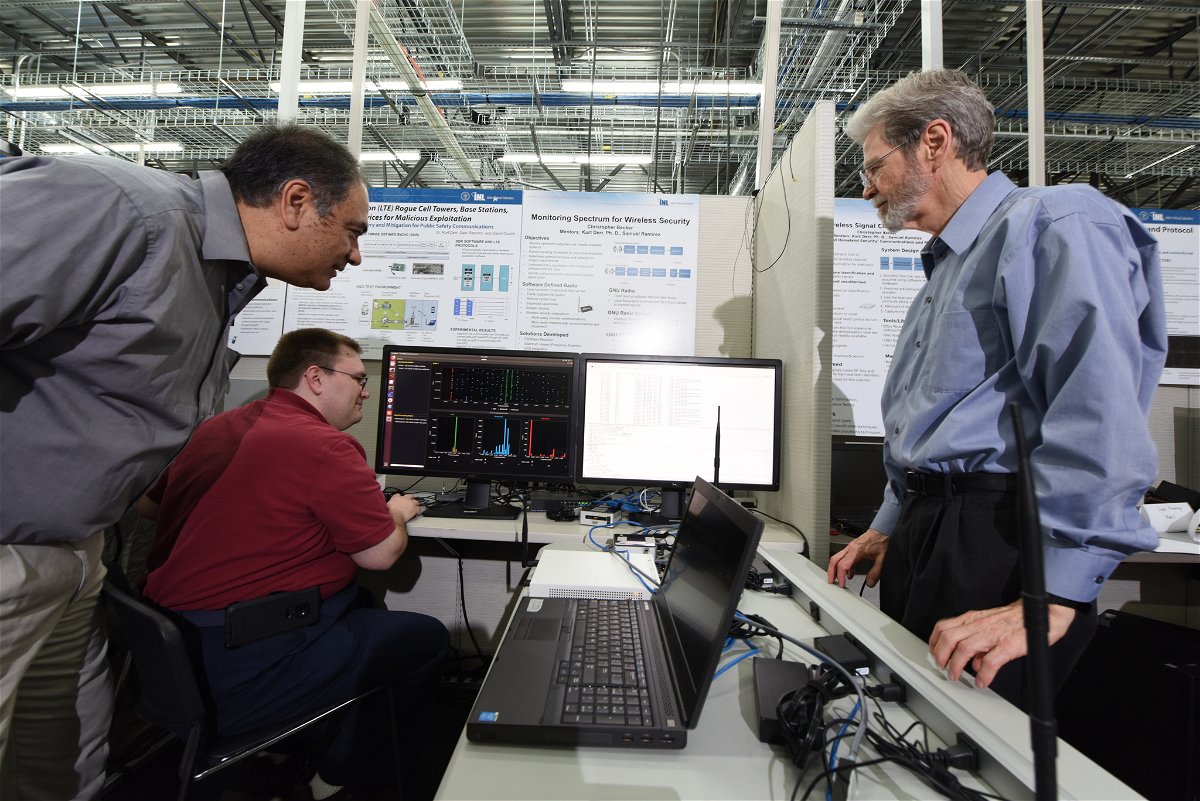INL tapped for four R&D awards

Four Idaho National Laboratory technologies have been named winners of the annual "R&D 100" Awards. The awards recognize the top 100 revolutionary technologies of 2019.
Nominations come from laboratories and companies across the country and reviewed by more than 40 industry-leading experts.
The INL's four winning technologies were:
Electronic Neutron Generator Calibration System (N-meter)
David Chichester, Scott Thompson, James Johnson, Scott Watson, Robert Schley, Jay Hix
The N-meter is a portable, reusable, and adaptable device that has the capability to calibrate any electronic neutron generator (ENGto help provide law enforcement officers and military personnel with the ability to detect the presence of harmful materials used in chemical, radiological and explosive attacks.
High-Temperature Irradiation-Resistant Thermocouples (HTIR-TC)
Richard Skifton, Josh Daw, Kurt Davis, Pattrick Calderoni
The High-Temperature Irradiation-Resistant Thermocouples (HTIR-TC) can be inserted directly into the fuel centerline to precisely read fuel temperatures at a nuclear reactor's core making them safer and more reliable.
Wireless radio Frequency signal Identification and protocol Reverse Engineering (WiFIRE)
Christopher Becker, Kurt Derr, Samuel Ramirez, Sneha Kasera, Aniqua Baset
WiFIRE helps combat wireless attacks by monitoring wireless networks in real time, giving users the ability to respond to security breaches as they're occurring.
Consequence-driven Cyber-informed Engineering
Robert Smith, Curtis St. Michel, Amanda Belloff, Andy Bochman, Sarah Freeman, Michael Assante
Consequence-driven Cyber-informed Engineering (CCE) is a methodology that provides users with knowledge and skills to protect against and prepare for serious cybert hreats against the nation's critical infrastructure systems
INL researchers were also recognized for their support work for lithium-ion batteries, nuclear power sensors systems, and waste to energy gasification technology, and HELICS monitoring.






